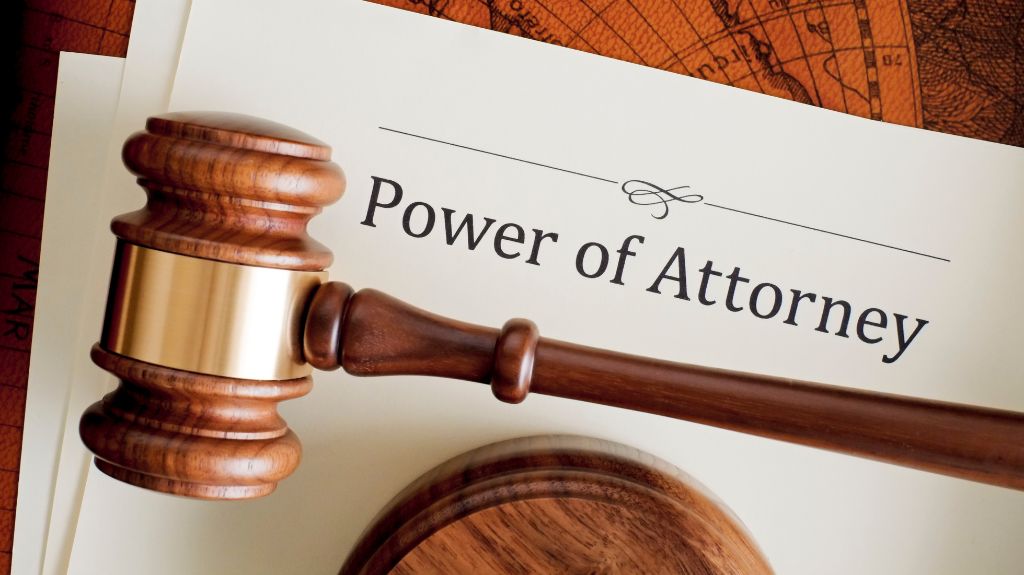
Are you planning your estate in the Baton Rouge area? Power of attorney is likely a phrase that you have heard before – but what is a power of attorney in Louisiana? How does a power of attorney work? Losavio & DeJean, LLC and our legal team are here to help you plan your estate and we can help you understand the importance of a power of attorney in The Pelican State.
Power of attorney gives an individual or group of individuals the power to act on your behalf as your appointed agent in specific scenarios. The agent(s) – or attorney-in-fact – will have temporary or permanent authority to make important decisions on your behalf that can be applied to health and wellness situations or legal matters. When filed, power of attorney responsibility can take immediate effect or can be specified for future use – usually in a scenario when you are unable to act on your own behalf. A power of attorney is accepted in all states – but specific requirements may be different in your state.
How To Appoint a Power of Attorney in Louisiana?

Do you need to appoint a power of attorney to handle your estate in the future? Losavio & DeJean, LLC can help. Power of attorney forms are widely available online – but it is important to know that while all states recognize some form of durable power of attorney, there is no standard form and state laws may vary. The legal team at Losavio & DeJean, LLC has nearly 50 years of experience with estate planning and we know the ins and outs of the power of attorney process.
Here is a quick overview of how the process works when you choose to appoint a power of attorney.
1. File the Proper Power of Attorney Forms and Format
The scenario in which power of attorney takes effect can be very specific and it is important that you have it all in writing with the proper forms and format. Did you know there are different types of power of attorney? Health Care Power of Attorney and Financial Power of Attorney are the primary variants – but there are different types of Financial Power of Attorney.
2. Identify Who Your Power of Attorney Will Be
You – as the person granting power of attorney – are considered the principal on all legal paperwork. The individual or individuals to whom you grant power of attorney are called the agent or attorney-in-fact. Power of attorney is typically passed to a spouse or child.
3. Delegate the Powers
Power of attorney can have a very broad or a very narrow focus and it is important that these powers are outlined in detail in the required forms. The powers granted must be clear and concise to avoid future conflict – and power of attorney is NOT carte blanche.
4. Determine Power of Attorney Durability
When power of attorney is discussed, durability refers to when the specified powers are granted. In many states, power of attorney dissolves when the principal is incapacitated – but when it is durable power of attorney, the agent retains the ability to make decisions for the lifetime of the principal or until power of attorney is revoked.
5. Notarize and File the Power of Attorney
Power of attorney paperwork must be notarized in many states – but even in states where it is not, it remains a best practice to avoid conflict. When the documents have been signed and notarized, it is important to file the paperwork with the court system in your state or county.
READ MORE: What Are the Rules of a Special Needs Trust?
Have you wanted to know – what is a power of attorney in Louisiana? Losavio & DeJean, LLC specializes in elder law and estate planning in Baton Rouge and we can help you navigate the legal obstacles and appoint a power of attorney in your estate. Contact Losavio & DeJean, LLC today for a FREE consultation!

